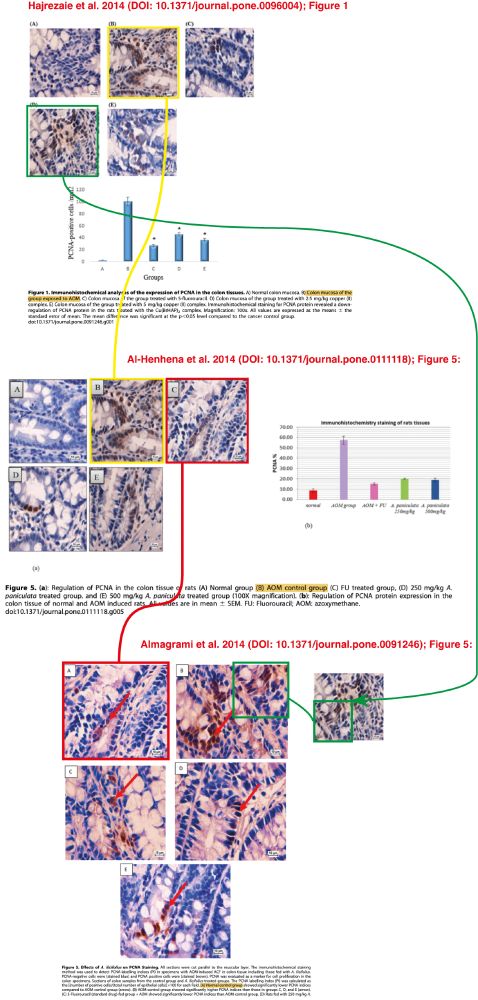Fabian Wittmers - PubPeer: Archasia Belfragei
@academic-integrity.bsky.social
470 followers
83 following
600 posts
just a scientist who cares about scientific integrity.
Find sketchy things I find on pubpeer, user "Archasia Belfragei"
Posts
Media
Videos
Starter Packs
Reposted by Fabian Wittmers - PubPeer: Archasia Belfragei



















